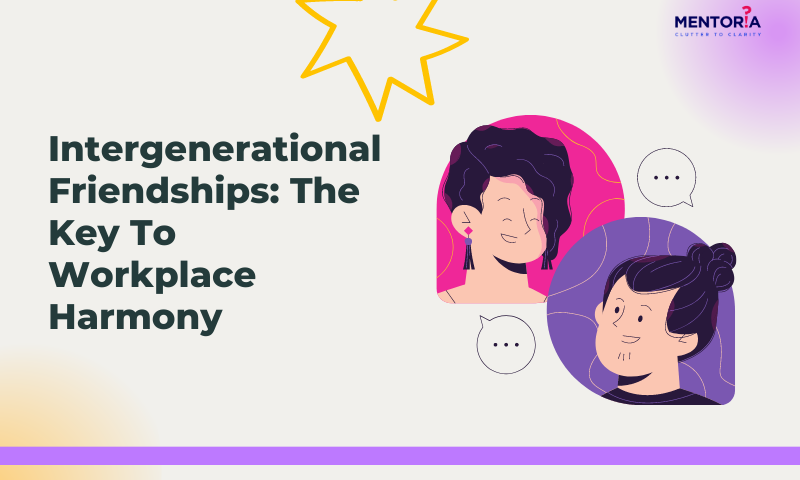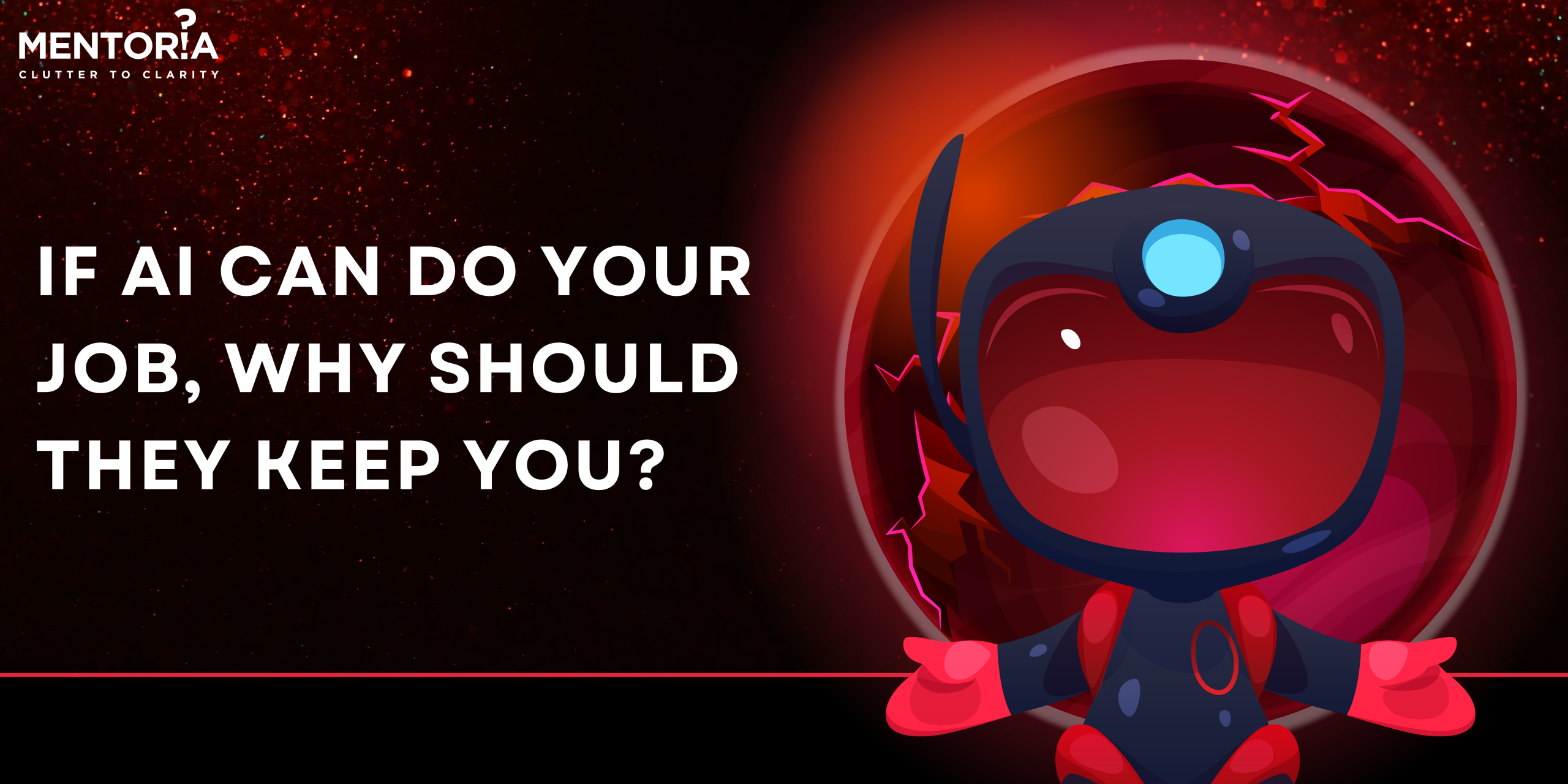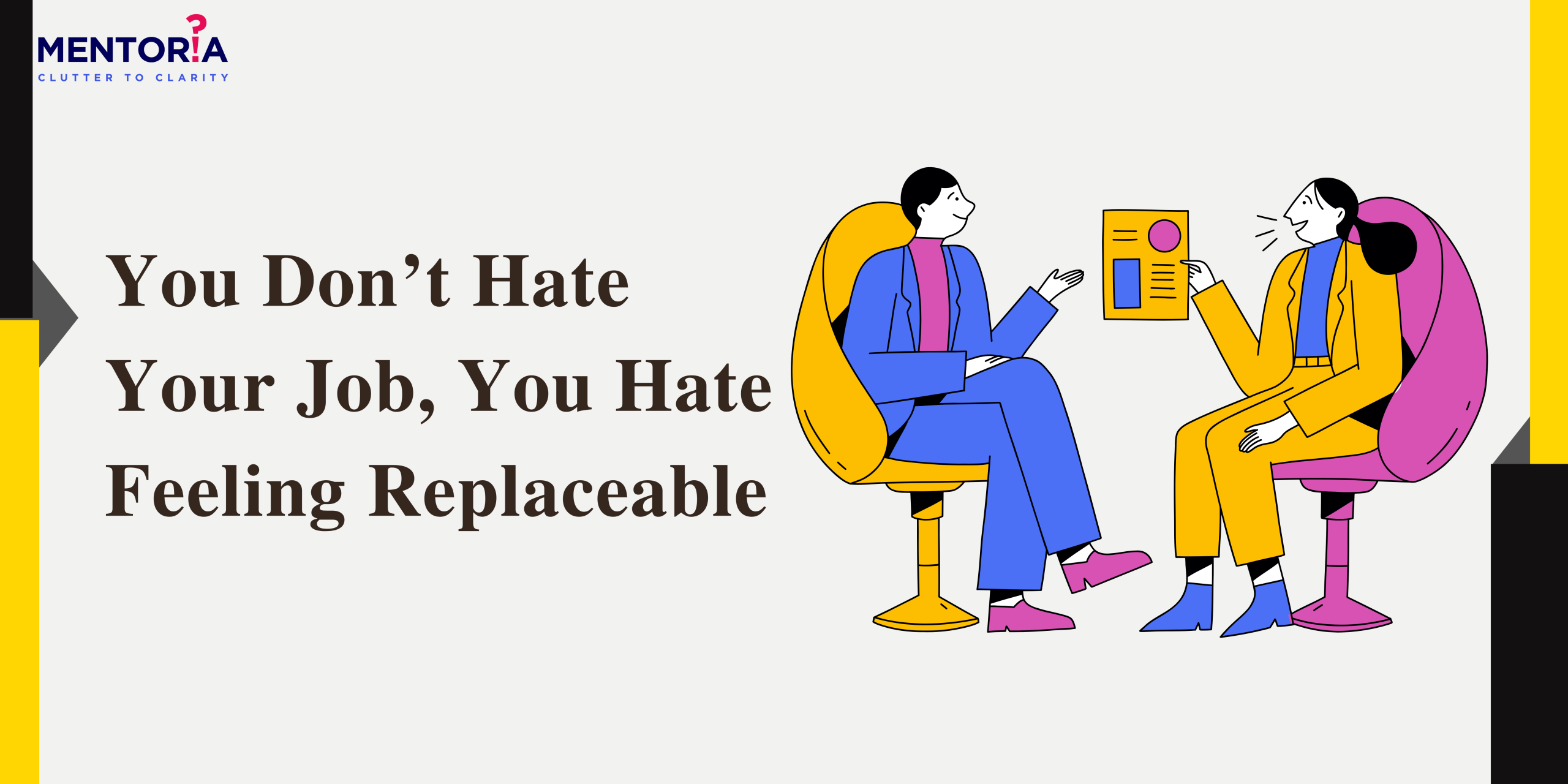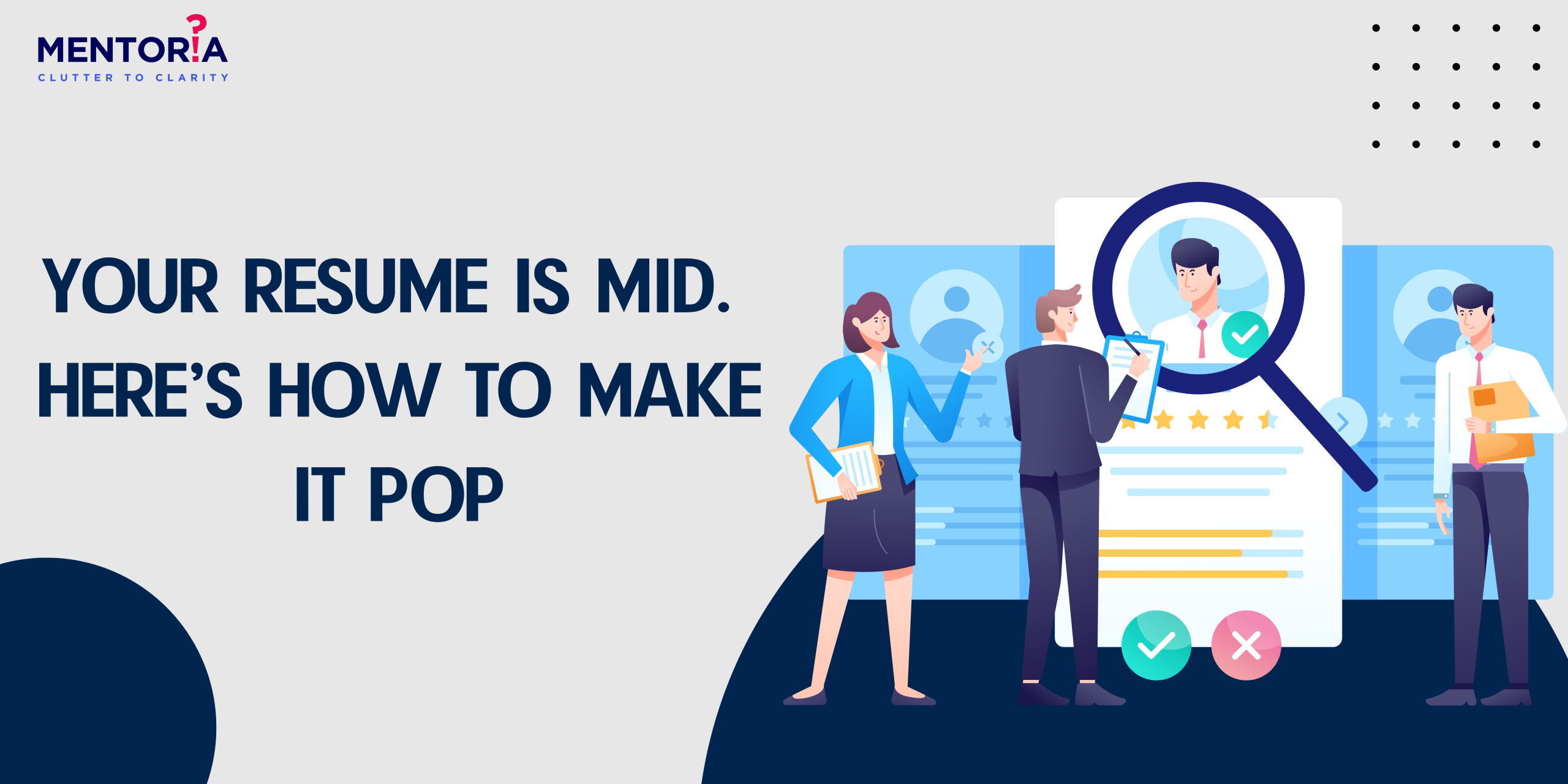Intergenerational Friendships: The Key To Workplace Harmony

We all know about the tight bond of friendship between Warren Buffett and Bill Gates, but have you ever wondered how they even became friends in the first place?
It was one time when they sat down for a game of bridge.
It sounds like the beginning of an unlikely friendship, doesn’t it? Well, that’s exactly how their story unfolded. Despite their significant generational gap, Buffett, the wise sage of investing, and Gates, the tech visionary, discovered a shared love for the strategic card game that sparked a bond like no other. This unexpected friendship not only defied age stereotypes but also highlighted the extraordinary power of intergenerational connections.
Did you know that a survey revealed that 71% of employees believe that having friends at work makes their job more enjoyable? Now, imagine taking that concept one step further and exploring the magic that happens when friends come together across different generations.
Imagine a 75-year-old employee and a 25-year-old colleague sharing more than just a conference room. Beyond the stereotypes and clichés, these friendships offer a unique blend of wisdom, wit, and the occasional reminiscing of “the good old days.”
Taking inspiration from the iconic friendship between Buffett and Gates, we now know that all it takes is to form bonds over a game of bridge. Jokes apart, let’s explore more about this idea of intergenerational friendships in the workplace and understand their significance and impact on creating a vibrant and fulfilling work life.
There’s A Gap? Let’s Bridge It
A survey by LinkedIn revealed that 81% of Millennials believe they can learn valuable skills from older colleagues, while 77% of Baby Boomers feel they can learn from younger generations.
In an era characterised by rapid advancements and shifting societal values, generational gaps can often lead to misunderstandings and communication barriers at the workplace. But intergenerational friendships have been bridging these gaps in recent years. When people from different age groups connect and engage in open conversations, they gain insights into varying perspectives, experiences, and work styles. These bonds help break stereotypes, promote empathy, and enhance collaboration across teams.
The generation gap can sometimes feel like a hitch, but intergenerational friendships have the power to bridge that gap. It’s like learning a different language – you might stumble over the slang, but soon enough, you’ll be cracking jokes like a pro. When different generations come together, the workplace becomes a melting pot of ideas, where innovation blooms and teamwork thrives.
Knowledge Transfer and Learning Opportunities
Let’s face it, no matter how much experience we have, there’s always something to learn from the other. Intergenerational friendships pave way for the exchange of knowledge and experience that can be invaluable in the workplace. For example, older colleagues may share insightful stories about overcoming challenges and navigating industry trends, while younger counterparts can offer fresh perspectives on emerging technologies and digital trends. This knowledge transfer fuels innovation, enhances problem-solving abilities, and creates a continuous learning environment within teams.
Imagine a Baby Boomer teaching a Gen Z employee how to use the latest social media platform. It’s like watching a technological dance-off! But through these moments, genuine connections are formed, and the workplace becomes a hub of both wisdom and tech-savviness.
And according to a study by PwC, 98% of CEOs believe that fostering intergenerational collaboration is critical to achieving business success. Additionally, a survey conducted by Deloitte found that 75% of employees consider mentorship programs involving different age groups to be valuable for career development.
Mentorship and Professional Growth
Imagine a Gen X mentor advising their Millennial mentee on the importance of work-life balance, while secretly longing for the days when they didn’t have to juggle social media updates and the latest binge-worthy show. It’s a comical reminder that mentorship is a two-way street, where guidance flows in unexpected directions.
An interesting survey by Harvard Business Review found that employees with mentors are five times more likely to be promoted. Additionally, the same study revealed that 71% of Millennials who are likely to leave their organisations within two years are unhappy with how their leadership skills are being developed.
Mentorship is a crucial aspect of intergenerational friendships. Seasoned professionals have a wealth of experience and insights to share, while younger colleagues bring fresh perspectives and ambition. This creates a perfect environment for mentorship that benefits both parties.
Through these mentorship relationships, younger employees gain guidance, support, and access to invaluable networks. In return, older mentors are invigorated by the enthusiasm and new ideas of their mentees. These intergenerational friendships become a springboard for professional growth, career advancement, and the development of leadership skills.
Enhancing Well-being and Work-Life Balance
Picture a Gen Xer and a Millennial bonding over their shared love for napping in the office nap pod, while a Baby Boomer watches in amusement, wondering what happened to the good old coffee breaks. These light-hearted moments of connection contribute to a more balanced and fulfilling work experience for all.
Intergenerational friendships contribute to enhancing well-being and work-life balance. They provide emotional support, shared laughter, and a sense of belonging within the workplace. It’s like having your own personal cheerleading squad to boost your spirits!
In a world where stress and burnout are prevalent, intergenerational friendships serve as a support system, reducing stress levels and improving overall mental health. They create a positive work culture where individuals feel supported, valued, and connected.
Fueling Diversity And Inclusion
What if a Gen Z employee teaches their Baby Boomer colleague the latest dance moves, resulting in an impromptu office dance-off? The laughter and celebration of funny moments would create an inclusive environment where everyone feels valued and accepted, with no judgements made.
Diversity and inclusion sure is a crucial aspect to keeping employees happy and aware, but who said it needs to stick to just HR policies? Turns out, intergenerational friendships at work can stimulate innovation and creativity, as different perspectives converge to solve problems and drive growth. By embracing intergenerational friendships, organisations create a vibrant ecosystem where collaboration thrives, and new ideas take flight.
When age is just a number and the workplace is meant for all, imagine the wonders that intergenerational friendships can do. It could change the dynamics of work, where ideas from both the boomers and millennials are combined to make life-changing innovations.
Building Bonds With Mentoria
By fostering knowledge transfer, bridging the generation gap, promoting mentorship, enhancing diversity and inclusion, and nurturing well-being, intergenerational friendships create a dynamic and inclusive workplace culture. If you’re eager to delve deeper into this topic and discover more about the transformative power of intergenerational friendships, Mentoria is here to help. With a wealth of resources, insights, and support to help you foster meaningful connections across generations, we’ll help you unlock the full potential of your work-life experience. Remember, the journey of intergenerational friendships is just beginning, and Mentoria is here to guide you every step of the way. Embrace the power of connection, and watch your personal and professional life flourish!









